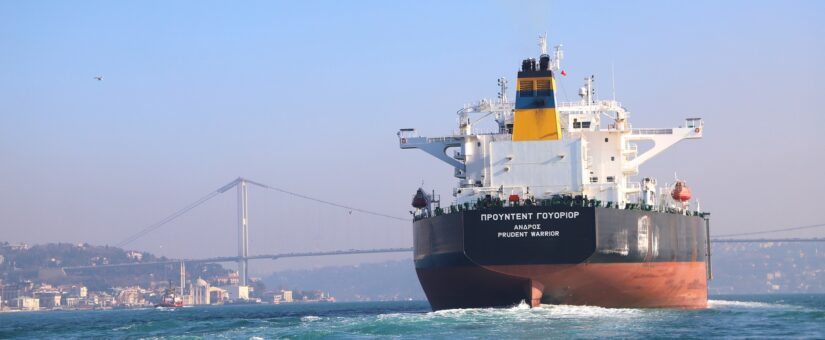
The Free Trade Agreement between Turkey and the UK
The Free Trade Agreement between Turkey and United Kingdom: is the Free Trade Agreement in force?
The so-called “Ankara Agreement” has been signed between Turkey and the European Economic Community in 1995. The Ankara Agreement has great political and economic effect on the European scene. According to the agreement, parties can move freely the goods within the customs area, provided that they are exempt from tariffs and equivalent taxes.
According to 2019 data, the United Kingdom ranks second among the list of countries which Turkey exports the most goods to, and ninth in the list of countries from which Turkey imports the most from. The UK, in addition to being among the leading markets, is a highly-valued trade partner in Turkey in many sectors, but especially in automotive, television, household appliances, retail and textiles industries. This being the case, with Brexit, the UK has left the European Union and concluded one of the most expansive trade agreements to date within the EU. Accordingly, the Customs Union between Turkey and the UK terminated on January 1st 2021.
The Free Trade Agreement between Turkey and the United Kingdom was signed on 29 December 2020.
This agreement includes provisions on:
- trade in goods – including provisions on preferential tariffs, tariff rate quotas, rules of origin and sanitary and phytosanitary measures
- customs and trade facilitation
- intellectual property
- government procurement
- technical barriers to trade
- competition
- trade remedies
- settlement of disputes
The main products which Turkey exports to the UK are gold, textiles, garments, electrical and non-electrical machinery, motor vehicles and parts, iron and steel products, insulated wires, cables and other electric conductors. The main imports from the UK are diesel and semi-diesel engines, automobiles, tramp iron/steel, medicinal and pharmaceutical products to be used in treatments and protection.
The parties agreed that as of January 1, 2021, the imports and exports of specified products (some of which are listed above) will not face any additional taxes. Therefore, Turkish exporters will not be financially burdened by Brexit and free trade between the two countries will be protected. Thus, free trade agreement covers all industrial goods and processed agricultural products. This agreement between Turkey and the UK constructs a milestone achievement especially because of its “tariff-free” nature. The existing commercial and economic relations will be maintained under the agreement.
Rules of origin: when tariffs will apply to the goods exported from the UK or Turkey?
The rules of origin are important principle to consider while importing the goods either from Turkey to the UK or from the UK to Turkey. The importer will be required to prove that the goods comply with the rules of origin. Parties can provide a declaration of origin from the exporter that the product is originated in that country. The declaration needs to include invoice or any other commercial document excluding bill of lading, describing the originating product in detail in order to clarify its identification. The declarations will be valid only for 12 months if it is imported into Turkey, or 24 months if it is made out for imports into the UK.
There are some other necessary requirements set out in the rules of origin. One must also need to consider these requirements while importing the goods. These requirements involve transactions which are using EU materials and processing in exports to Turkey, as well as from other countries to Turkey, or sending the goods to Turkey through EU and other countries.
For example, if an item is originated in the UK, the package of the product or the label cannot be made in the EU and exported in Turkey. Such problems may occur but it is no doubt that with this agreement a very solid and significant step towards trade relations has been made between both countries.
Is there any supervision committee and/or a dispute regulatory mechanism?
The UK-Turkey Joint Committee will be established to supervise the operation and implementation of the agreement in both countries.
There is also a dispute settlement mechanism that applies to Turkey and to the UK. The one who makes the complaint can submit the request to the Joint Committee. If the Joint Committee does not resolve the matter, then the request will be submitted to an arbitration panel.
Avv. Sinem Ogis

- Posted by Sinem Ogis
- On 17 March 2021


